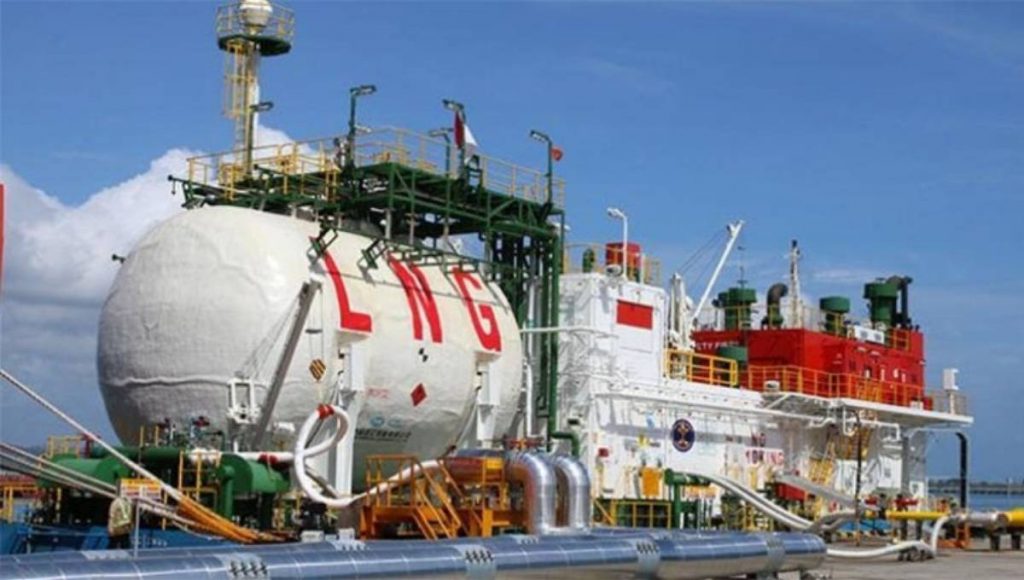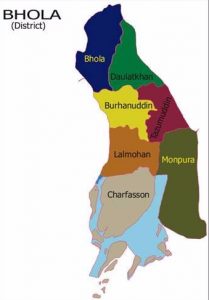March 21, 2019 – Rostec State Corporation and the Government of the Arkhangelsk Region signed an agreement on implementing a comprehensive liquefied natural gas (LNG) project Northern Dvina – LNG in the region. The document stipulates an LNG plant construction and transition to liquefied gas in a number of infrastructure facilities and households.
As part of the project, Rostec will build a natural gas liquefaction plant producing 240,000 tonnes of LNG per year, and the government of the region will provide a construction site. Besides, Rostec will create at least 4 distributed generation facilities using LNG in hard-to-reach and isolated areas with the installed capacity of 16.3 MW. Transition to LNG will enable improvement in the region’s energy security and make it less heavily dependent on costly fuel brought from other areas, as well as create completely new conditions for people to live in and for development of areas.
The project provides for use of liquefied natural gas in 19 boiler houses and 550 vehicles (public transport and special-purpose machines) with creation of filling stations infrastructure. Moreover, the project provides for installing autonomous gas-supply systems in more than 10,000 apartments, households, farms and special-purpose facilities, and creation of the relevant logistics system to supply the required volume of LNG to them in a timely manner. Overall, investments in the project are estimated at about USD 216 mln until 2024.
“Rostec has numerous competences related to LNG: the corporation manufactures power units, equipment for natural gas transportation and storage, and develops the manufacture of transport which uses this type of fuel”, commented Victor Kladov, Director of International Cooperation and Regional Policy at Rostec. “Currently, we implement several power industry projects in various regions such as Asia, Latin America, Europe and the Middle East. Rostec certainly aims to expand international cooperation in the power industry.”
The global LNG market is one of the most competitive markets in the world both in terms of geography of producers and logistics options. Currently, the global LNG industry is rapidly developing, and by 2020 the capacity producing LNG will double. In 2017 global LNG production increased by 38 bln cubic meters. The number of countries importing LNG increased to 26. From 2024 through 2035, the market will have a free niche of about 200 mln tonnes of LNG per year, and Russia can account for up to 50% of that niche due to competitive projects.
Rostec continues to implement a large-scale program on developing civilian infrastructure projects in accordance with the approved strategy stipulating the main goals such as increasing revenue by an average of 17% per year in rubles until 2025, increasing the share of civilian products in the revenue to 50%, and improving operational efficiency and getting into fast growing global markets.
Rostec is a Russian State Corporation that was established in 2007 to facilitate the development, production and export of high-tech industrial products designed for civilian and military applications. The Corporation comprises over 700 organizations in 60 constituent entities of the Russian Federation that are currently part of 15 holding companies and 80 directly managed organizations specializing in manufacturing military-industrial, civilian and dual-purpose products. Rostec’s portfolio includes well-known brands such as AVTOVAZ, KAMAZ, Concern Kalashnikov, Russian Helicopters, UralVagonZavod, etc. In 2017 the consolidated revenue of Rostec reached 1 trillion 589 million rubles, while the consolidated net income and EBITDA amounted to 121 and 305 billion rubles respectively. According to Rostec strategy, the main objective of the Corporation is to ensure that Russia has a technological advantage in highly competitive global markets. Rostec’s key objectives include the introduction of a new techno-economic paradigm and digitalization of Russian economy. – Press release
South-South and triangular coop can deliver rural solutions, reduce poverty and hunger




